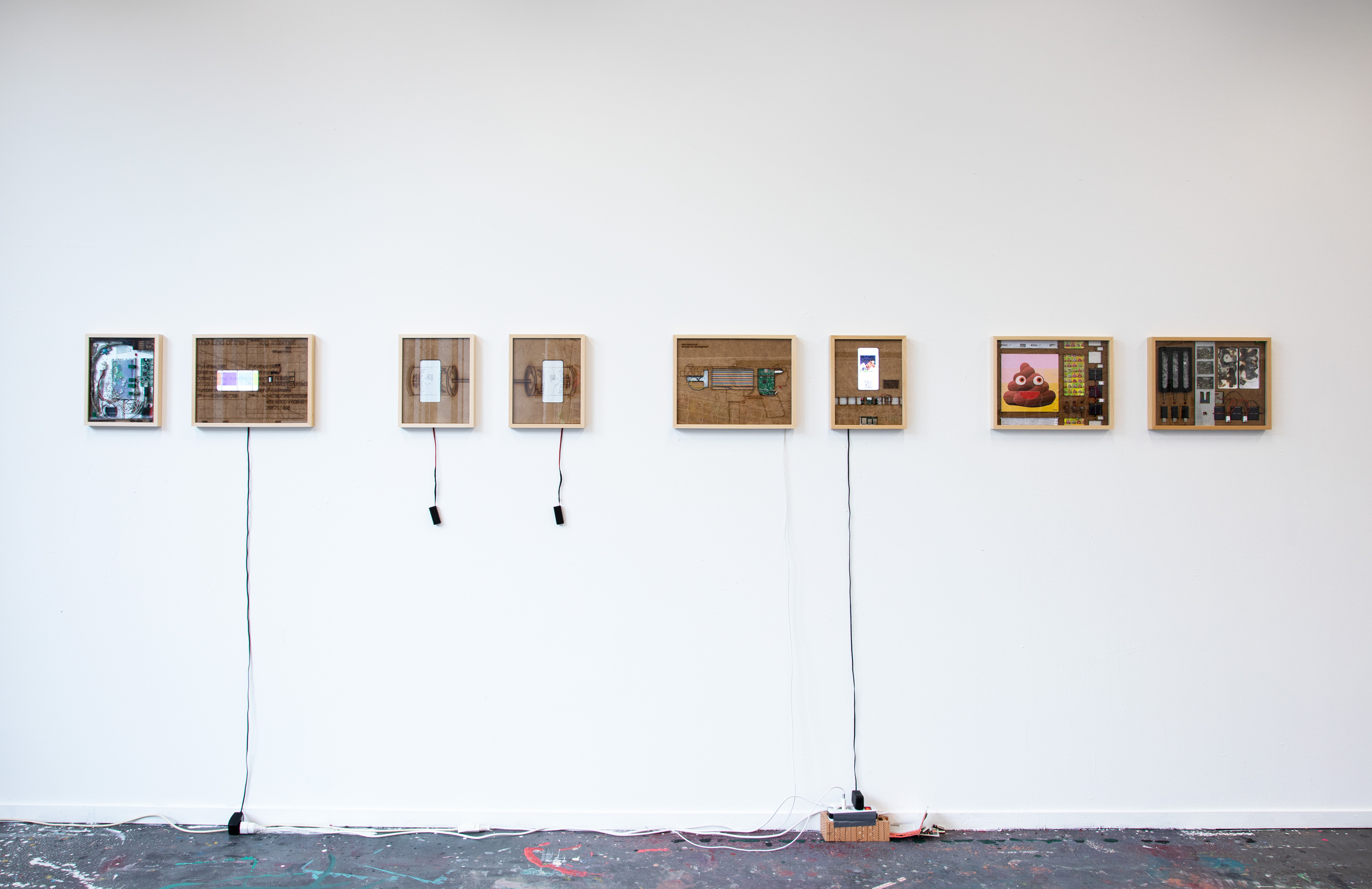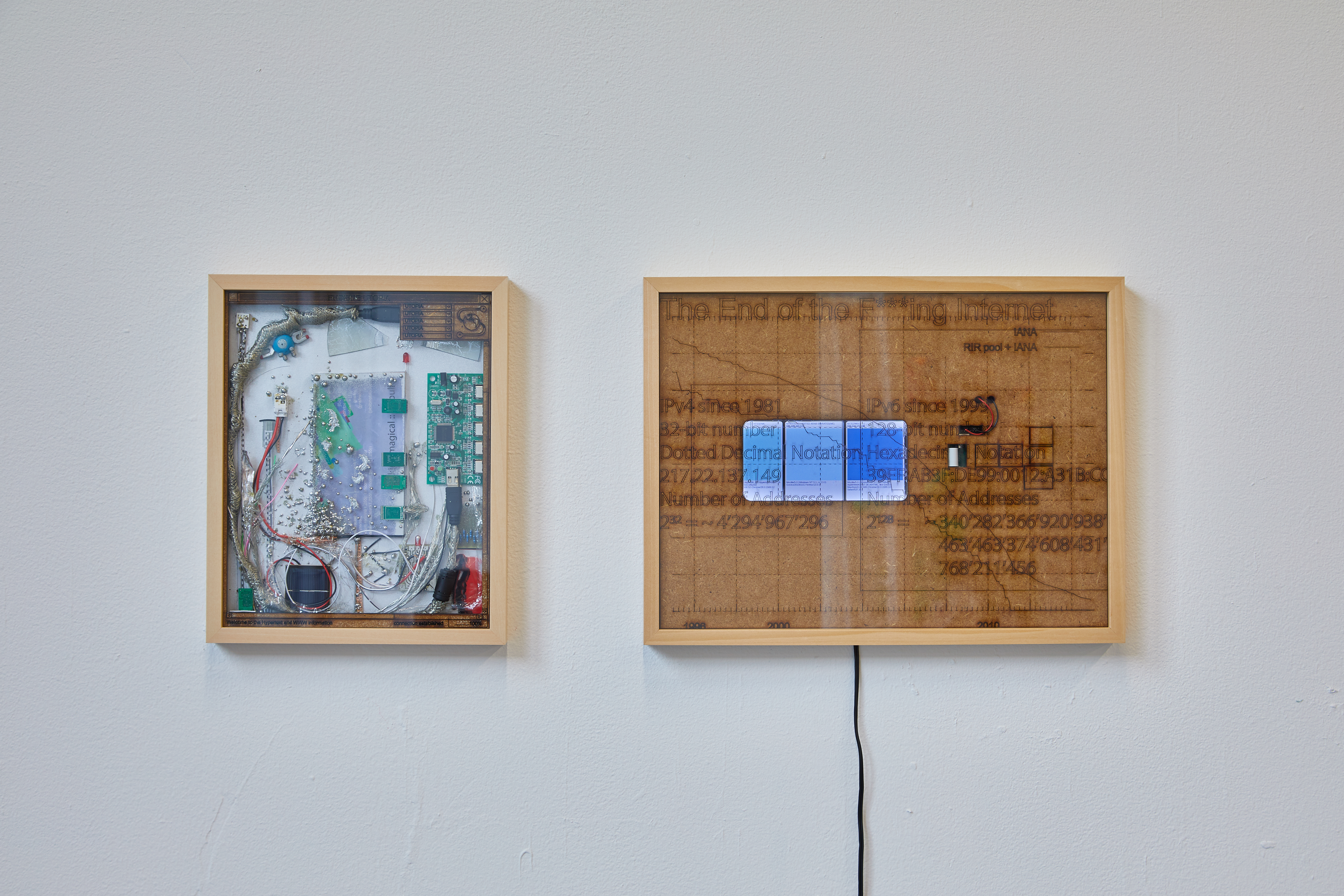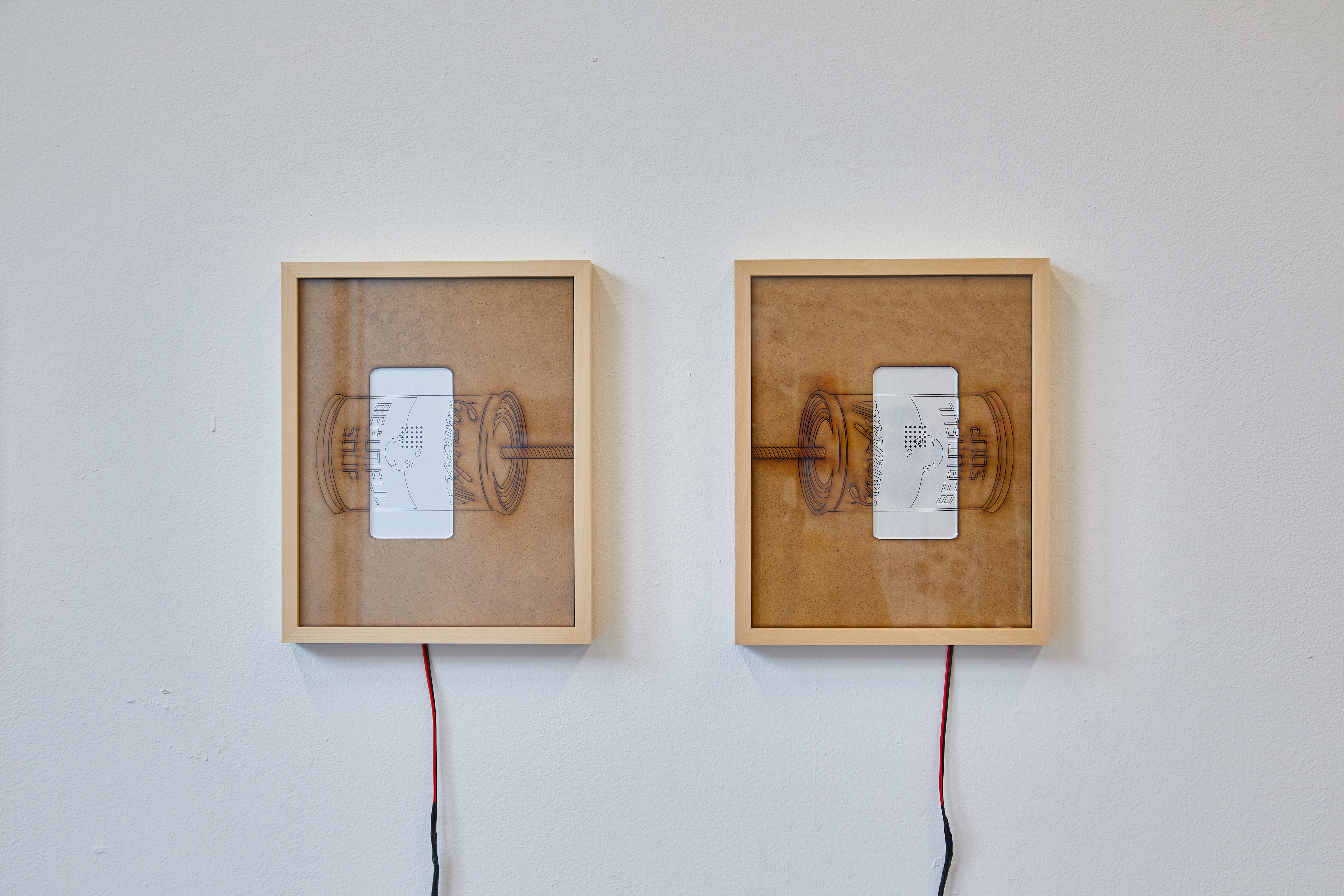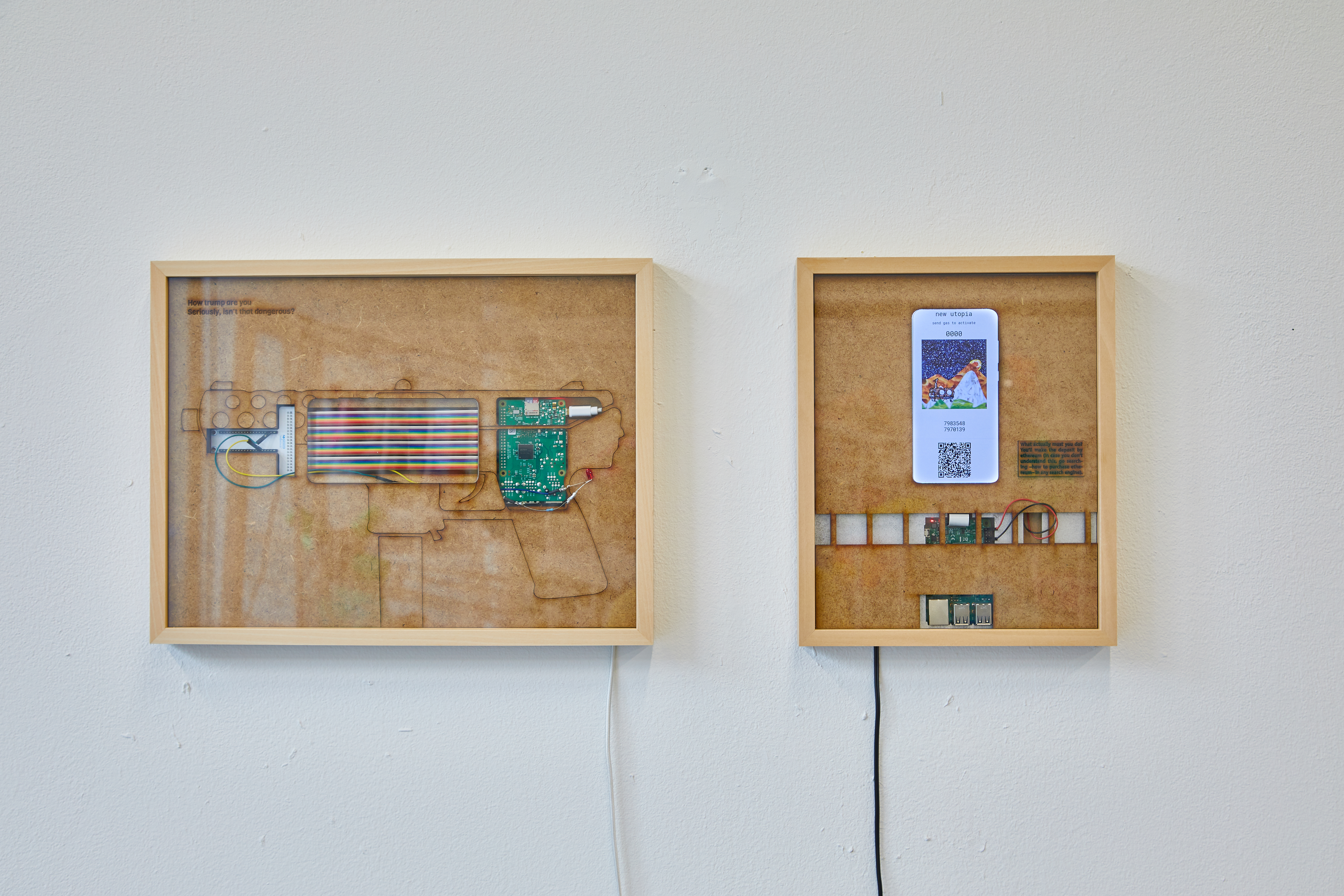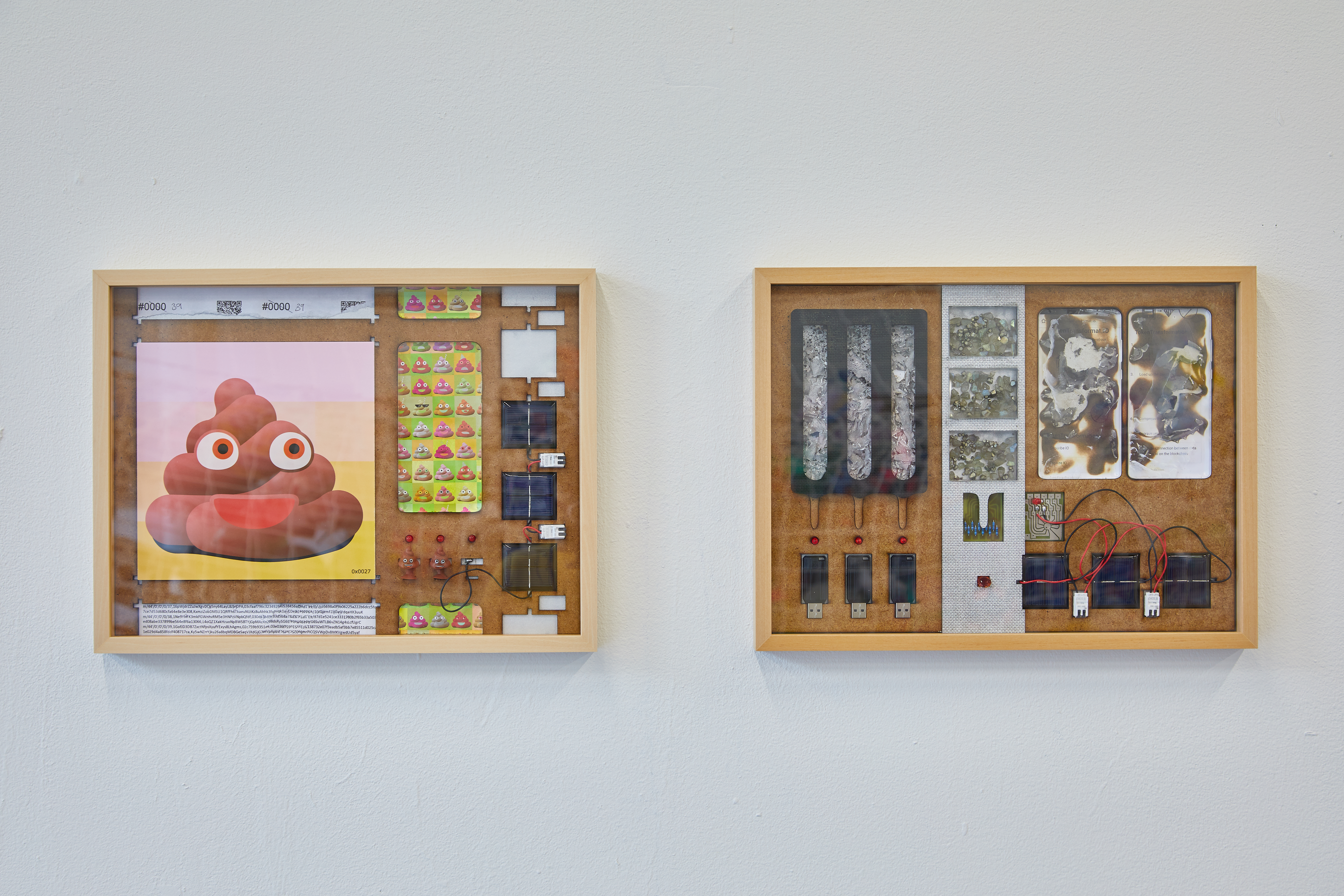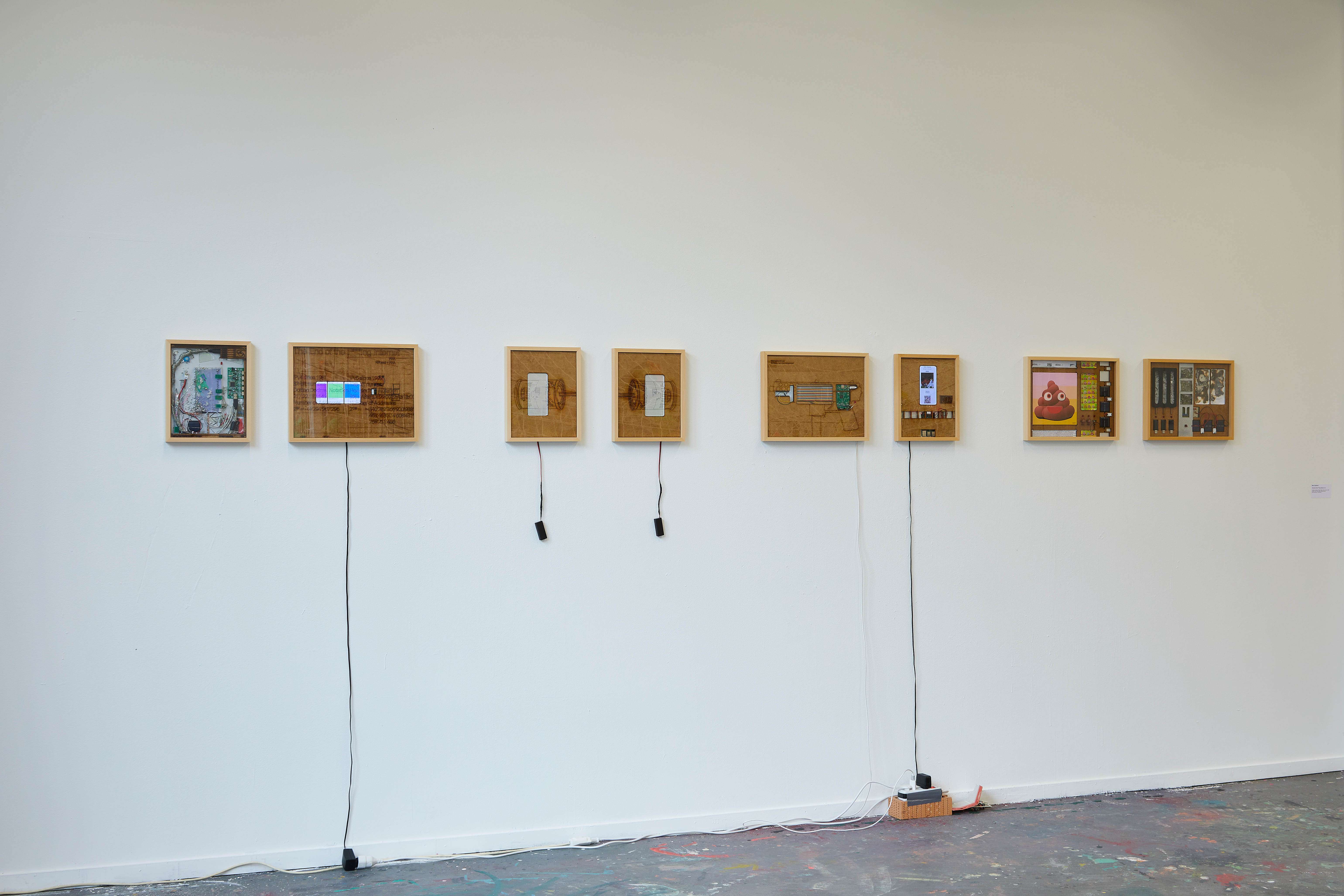The End of the F***ing Internet
The internet of today is a complex and constantly evolving landscape, shaped by the actions and agendas of numerous players. The early promises of a web utopia, where we could freely connect and share knowledge with one another, have largely been shattered by the realities of the modern online world. The rise of social media and the proliferation of personal data has created new opportunities for those seeking to influence and manipulate public opinion, while the ever-present threat of surveillance has made many of us cautious about what we share online, fearful that our data will be used against us.
The internet of the 1990s was a place of promise and possibility. It was a new frontier, a place where anyone with a connection and a computer could explore, connect, and create. The early internet was a place of idealism, where the potential for connection and collaboration seemed limitless.
But as the years have passed, that romantic vision of the internet has largely been replaced by a more sobering reality. Today, the internet is a fragmented battleground, shaped by the agendas and interests of powerful actors seeking to wield control and influence.
Gone are the days when the internet was a free and open space for all. Instead, we now live in a world where our digital identities and data are at the mercy of governments, corporations, and other powerful entities. These forces use their resources and influence to shape the online landscape in ways that serve their own interests, often at the expense of the general public.
The end result is a fragmented and often confusing landscape, where it can be difficult to know who to trust and where to turn. The internet of the 1990s may be gone, but its legacy lives on in the complex and often disturbing reality of the modern online world.
In his latest work, «The End of the F***ing Internet» Marco Spitzbarth tackles the complex and often disturbing reality of the modern online world. Through a series of eight interconnected pieces, Spitzbarth tells the story of the internet's evolution from a place of promise and possibility to a fragmented battleground for power and control.
One of the most striking aspects of Spitzbarth's work is the way it captures the glossy surfaces and mirroring worlds of the modern internet. Through the deft use of color and form, Spitzbarth conveys the intricate and often hidden connections that shape our online lives.
At the same time, Spitzbarth's work also delves into the underlying technologies and power dynamics that drive the modern internet. Through a series of interwoven stories and perspectives, he offers a nuanced and thought-provoking look at the forces that shape our online experiences.
Overall, «The End of the F***ing Internet» is a powerful and thought-provoking work that challenges us to think more deeply about the complex and often disturbing realities of the modern online world. Whether you're a seasoned internet user or a newcomer to the digital world, this work is sure to leave you with a deeper understanding of the forces that shape our online lives.
see also:
USER AGENT I SEE YOU
NEW UTOPIA
PROOF OF TRANSFORMATION
